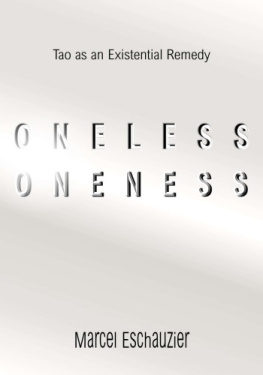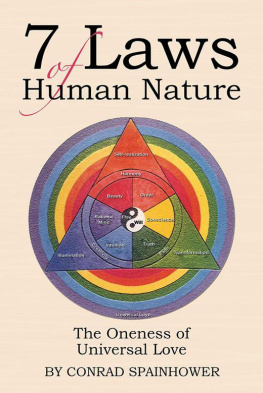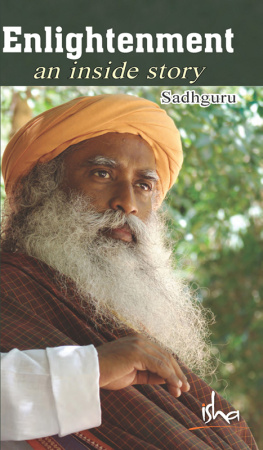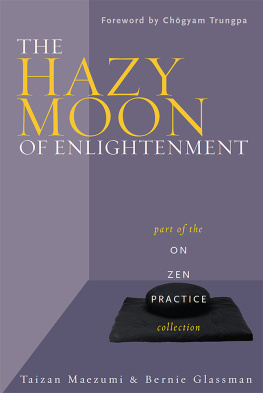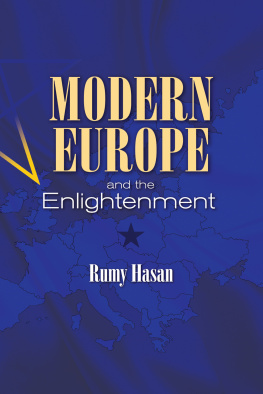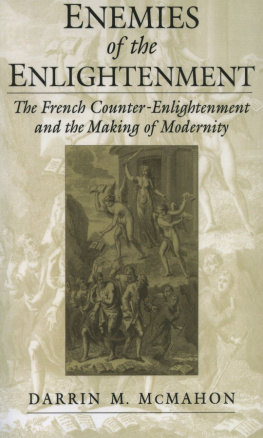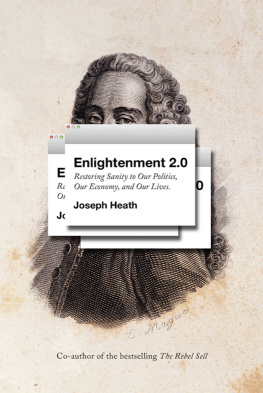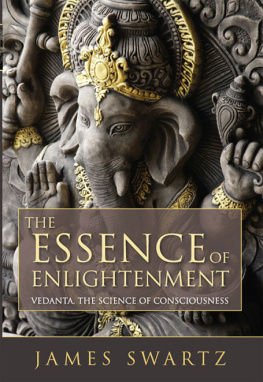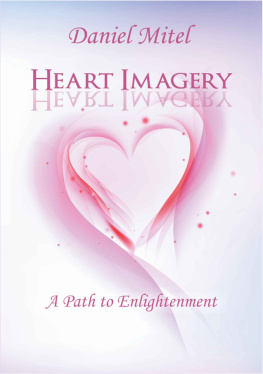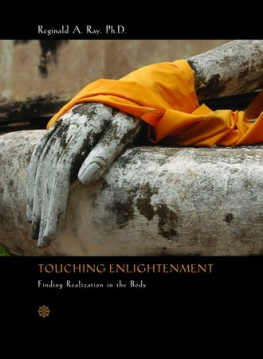Copyright 2022 Marcel Eschauzier
All rights reserved. No part of this book may be reproduced or used in any matter without the written permission of the copyright owner except for the use of quotations in a book review.
To my parents
... it is not true that two substances should resemble each other entirely...
Wilhelm Gottfried Leibniz
... there is no logical bridge between phenomena and their theoretical principles...
Albert Einstein
Let go of the idea of being someone. When you are not there, then you are.
Zen proverb (credit: Cees Heinis)
The flowers depart when we hate to lose them; The weeds arrive while we hate to watch them grow.
Dogen Zenji
Contents
Preface
The conscious mind is like Disney World for philosophers, with attractions and rides like knowledge, existence, and truth... all that is needed is an armchair to enjoy them! I am an engineer, though, not a trained philosopher. Engineers like to solve well-defined problems.
The conscious mind can cause numerous problems: bad decisions, depression, obsessive compulsion, addiction, conflict. So, it seems that troubleshooters with an interest in philosophy like me can join the career philosophers in their rides. What makes it hard for troubleshooters, though, is that we dont know where to look for the conscious experience, which makes it difficult to find out how it works.
Intuitively, one would suspect to find it is somewhere in the brain. For example, neuroscientists have precisely pinpointed where wakefulness, awareness, smell, and vision brain processes are localized. But is it really that grey matter that makes us smell roses? See the sun and feel its warmth on our skin? Without a rose, the sun, and our skin there arent such experiences.
The conscious experience turns out to be more like an interaction than merely a localized process. What is consciousness anyway? How can we define the kind of clear-cut conscious-mind problems a troubleshooter likes to scope out when we have such a hard time even understanding what consciousness is?
So, most engineers wisely leave matters of consciousness to the professional philosophers, psychologists, and neuroscientists. The problem is that Im not very wise and all the more curious. You are reading the result of my imprudence: a book that takes an unorthodox approach to the challenges of the conscious mind.
I have to admit, I also dont know under which hood consciousness hides. But I use another all-time favorite troubleshooting routine: I inspect the conscious mind from a different angle. I found that I see more when I shine a special light: Zen. In this book, you can discover what it reveals: not a smooth, blissfully meditational Zen, but rather an oily, dirty-hands kind of Zen. But this Zen runs like a charm: its reliable.
Oneless Oneness is short but not easy and requires focused attention. It may only interest those open to an outside-the-box approach to Zen. I sacrificed form for compact substance: not elegant poetry or delicate aphorisms, but a steady train of thought in short sentences that explains the principles and benefits of enlightenment.
Part one, Tao explained , sorts out satori and Tao in a single chain of consequential observations. After highlighting a major aspect, each chapter ends with a haiku: a few silly lines meant as a breather to give some pause for reflection.
Part two, Tao as an existential remedy , tackles the benefits of Tao. Unlike part one, the chapters of part two can be read separately since they are not directly linked to one another.
- Learn why the ancient Zen masters taught that you dont need to go to a monastery to have satori and find Tao.
- Find out what satori and Tao are.
- Discover the symbiotic relationship between reason and Tao.
- Read how Tao can help you, every day, everywhere.
At once philosophical manifesto and guide, Oneless Oneness is the third installment in the Unlock Tao series. The first book is an unorthodox philosophical deep dive: Existential Rationalism: Handling Humes Fork (2021). In early 2022, I published the philosophical novella Without Opposite: A Philosophical Adventure . Oneless Oneness complements the series by explaining in plain words where Tao can be found and how to benefit from its guidance.
Tao is inconceivable because its instantaneous, much like the experience of smelling coffee. We can explain the experience by telling someone how to get it: Take a whiff of this bag of coffee beans! The coffee aromas ultimate inconceivability doesnt stop us from talking about it. Similarly, it would be unreasonable to forbid talking about the inconceivable Tao.
I hope that you may grasp what is remarkably simple, utterly rational, yet demonstrably inconceivable. So, writers like me are condemned to circle the Tao and approach it from various sides to bring about some inspiration that helps you unlock Tao. Different tones, styles, and possibly different readers? But always the same message.
Oneless Oneness is condensed and no-frills. An introduction puts this approach into a classical Zen-Buddhist context, showing its consistency with some Zen sources that have inspired me. Compared with Existential Rationalism and Without Opposite , Oneless Oneness is relatively light on Western philosophy and psychology. Due to my ignorance about the subject, you also wont find any religious interpretation of Tao or Buddhism. Instead, the text emphasizes the Zen-Buddhist and Taoist metaphysics and its formidable consequences.
Proactive readers with flexible minds and little time may find the pragmatic style useful. You can discover that the reasonable philosophy of Tao is much closer to your existence than you may think.
This books plainspoken style of argumentation doesnt work for everyone. It is unlikely that a little book can achieve something similar to what usually takes a decade of monastic dedication to Zen: give satori. Still, I hope Ill reach some open minds. Its worthwhile to connect the dots between spirituality, reason, and science for our individual and collective well-being.
What do you get when Eastern and Western thought meet? Find out in Oneless Oneness . I hope it will give you some enjoyable food for thought.
Introduction
Tao isnt hard to understandit merely turns out very hard to accept that it is true. The following short fictional story is a simple thought experiment that gives you an idea of where to look for Tao.
A girl called Naema discovers a new fruit in the African jungle. She calls it rawaje . It smells so good that she decides to taste itthe first person in the world to ever do so. Rawaje is unlike any other fruit or food Naema has ever tastedits just incomparable. She is excited, puts some rawaje in her backpack, and cannot wait to tell the people back home about it. But before she reaches the village, monkeys steal all the rawaje from her backpack.
After this unfortunate event, Naema lives a long and happy life. However, she is never able to find back the rawaje fruit in the jungle or elsewhere, and neither is anyone else. Here, our story ends.
Can Naema make someone imagine rawaje flavor? No, because its incomparable. However, Naema has no problem making people imagine pineapple flavor. The difference is, of course, that those people have eaten pineapple before. We must conclude that the concept of rawaje taste is void of the taste experienceotherwise, Naema would have been able to convey the rawaje taste to other people.
But the concept of pineapple taste is also void of taste experience. The pineapple taste words can merely trigger someones memory of tasting pineapple. More generally speaking, concepts, and the words we attribute to them, lack meaning except for the sense given to them by their receiver. This is even the case when the sender and receiver of the concept are a single person. Concepts are empty labels that get their meaning exclusively in someones present experienceby triggering their memories.
Next page
